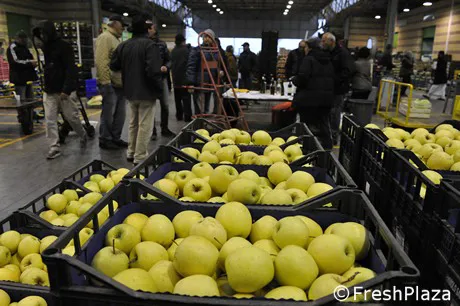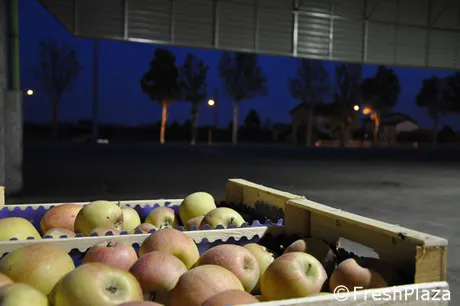 The historic agreement between the two leading producer organisations in the Trento area - Melinda and La Trentina - has been quite the news. An agreement between once-rival companies for the commercialisation of their products is a rather delicate matter and we have discussed it with Gualtiero Roveda from Fruitimprese.
The historic agreement between the two leading producer organisations in the Trento area - Melinda and La Trentina - has been quite the news. An agreement between once-rival companies for the commercialisation of their products is a rather delicate matter and we have discussed it with Gualtiero Roveda from Fruitimprese.FreshPlaza (FP): What are the main principles of European antitrust regulations?
Gualtiero Roveda (GR): The European legal system is based on the free-market policy, meaning the market must be regulated by the competition mechanism, albeit balanced by a social policy aiming at reaching objectives that are not only economic. Companies are therefore expected to compete rather than to cooperate and, in fact, agreements between companies and practices that impede competition on the Common market are prohibited.
FP: Is agriculture subjected to a specific discipline?
GR: The uniqueness of the agricultural sector, which is affected by biological, weather, climate and environmental factor, induced the establishment of specific regulations. For this reason, the EU recognised the priority of agricultural policies rather than competition policies. It is the Council that decides how anti-trust regulations are applied to the sector. Nonetheless, the rules regulating competition remain strict, as the preservation of effective competition on the agricultural product market remains among the objectives of CAP and CMO.
FP: How can the agreement between Melinda and La Trentina be considered?
GR: I can't make a judgement without examining the documents. All I can say is that I know Fabrizio Marchionni, who supervised the operation from the legal perspective, by reputation. He is very capable and I'm sure he managed to maintain the agreement legal.

FP: If producers don't find a way to increase their bargaining power, they will be penalised by the distorted market.

FP: Is the problem being tackled on an EU level?
GR: Paolo De Castro, first vice-president of the European Parliament's Agricultural Commission, is working on the matter. The Parliament, Commission and Council must now accept or reject the amendment proposals approved by the Parliament. Among the various issues being discussed, there is the question of establishing the dominance of common organisation of the market norms regulating the POs against those on competition to avoid the Antitrust intervening. Negotiations should end on 12th October.
